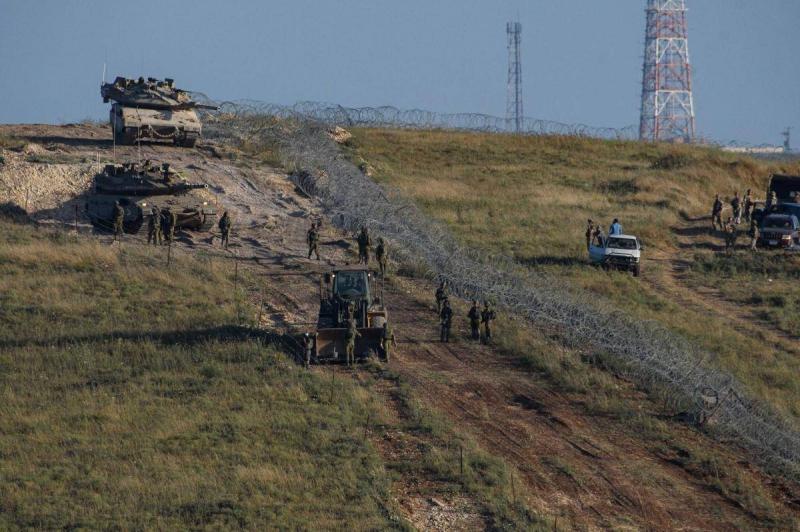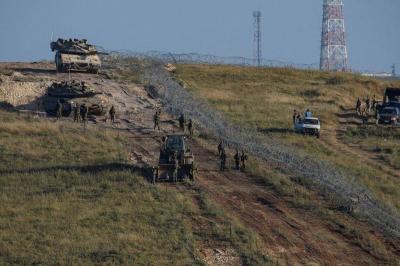As threats increase on both sides of the Lebanon-Israel border, and the Israeli army confirms plans to carry out an attack in southern Lebanon, UNIFIL Deputy Media Director Candice Ardil stressed that "the escalation of reciprocal confrontations is alarming," warning that "miscalculations could lead to a sudden and wider conflict."
In an interview with "Al-Arabiya.net/Al-Hadath.net," she revealed that "UNIFIL" has held direct talks with both parties (the Israeli army and Hezbollah) to urge them to cease fire and commit to working towards a political and diplomatic solution. She pointed out that "Resolution 1701 faces challenges at the moment, and despite this, both parties continue to affirm that it remains the most effective framework for addressing the current situation and working towards a long-term settlement of the conflict."
### 17 Years of Stability
Additionally, she noted that "Resolution 1701 has provided the region with more than 17 years of relative stability, thanks to the parties' commitment to its framework, so it is essential for both Lebanon and Israel to reaffirm their commitment to its full implementation, as its success ultimately depends on them." She confirmed that "UNIFIL continues to carry out its mission along the Blue Line to de-escalate tensions and prevent misunderstandings, and it will continue to do everything it can to reduce tensions and return to the full implementation of Resolution 1701 as the path towards stability and peace."
### Diplomatic Solution Still Possible
Ardil also expressed that "a diplomatic solution is still possible despite some positions and rhetoric being heard." She said, "We know that neither party wants escalation, and they have both affirmed the importance of Resolution 1701 as an appropriate framework for returning to hostilities cessation and making progress toward a permanent ceasefire." She emphasized that "any solution involving violence would only lead to more casualties and destruction on both sides of the Blue Line." For this reason, she urged both parties to de-escalate and re-commit to Resolution 1701 as the path back to stability, and ultimately peace.
Moreover, the Deputy Media Director revealed, "Since October 8 (the date the confrontations began in southern Lebanon), UNIFIL sites and vehicles have been subjected to dozens of incidents and fire from both sides (Israeli and Hezbollah), including some non-serious cases where peacekeeping personnel were injured." She confirmed, "They informed all parties that targeting UN sites or using areas close to them to launch attacks across the Blue Line is unacceptable and a violation of Resolution 1701." She called for "holding all perpetrators of such actions accountable."
She concluded by saying, "Despite the challenges we face, we will continue our work to implement Resolution 1701, which includes the patrols carried out by our troops in cooperation with the Lebanese army, with about 20% of our operational activities being conducted in cooperation with the Lebanese army."
### Concerns About Deteriorating Conditions
Tensions along the southern Lebanese front have risen in recent weeks as the pace of mutual military operations has escalated to reach deep into Lebanese and Israeli territories, which has heightened fears among Lebanese citizens of a wider war amidst their country’s dire economic conditions due to political and financial crises.
The United States is attempting to broker a ceasefire between Israel and Hezbollah, having sent President Joe Biden's envoy Amos Hochstein to Beirut two days ago for talks with Lebanese officials, although a grim atmosphere accompanied his fourth visit. In response, Hezbollah released a lengthy video by its media showing a drone dubbed "Hodhod," which depicted maps of northern Israeli regions and strategic military sites, along with other important locations such as the port.




